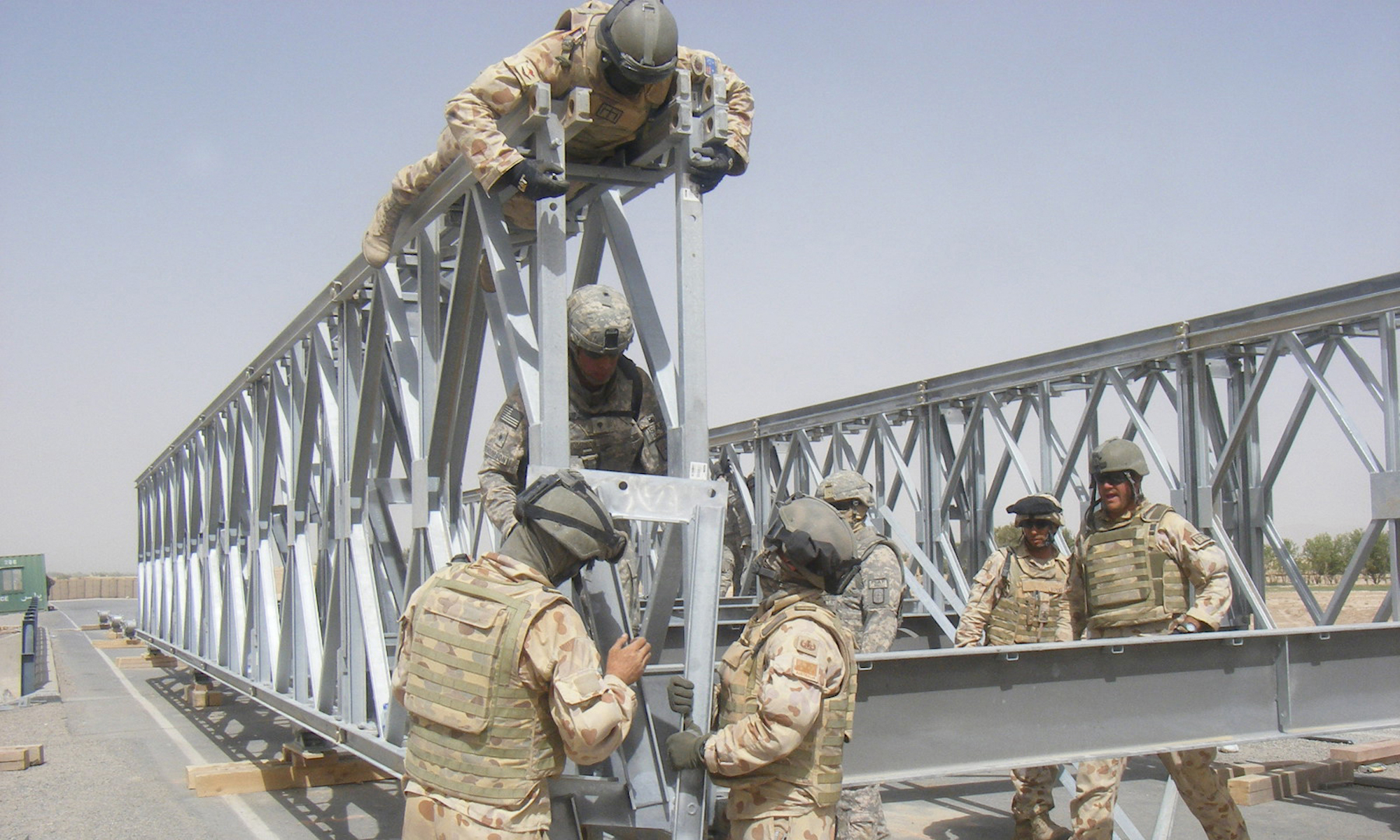Local peace initiatives have been introduced in post-conflict settings in aid of statebuilding processes. However, contradictions in such efforts that undermine the state become apparent in a development context when government institutions are, generally, functioning. Peacebuilding initiatives in the arid lands of Kenya are a good example of this. While they have proved successful in resolving conflicts at the local level, they challenge the state structure in three ways. First, some of their features run counter to the official laws of Kenya and jeopardize the separation of powers. Second, they pose a dilemma, since their success and legitimacy are based on grassroots leadership and local concepts of justice. Both can be at odds with democratic decision-making, inclusiveness and gender equity. Third, they provide yet another tool for abuse by politicians and other local leaders. This reveals a dilemma: aspects of peacebuilding can actually undermine a statebuilding endeavour.
Justice Versus Peace in Northern Kenya
The conflicting relationship between peace and justice is frequently debated in the field of transitional justice. The obligation to prosecute serious crimes can contradict the measures necessary to reestablish peace among society. The predicament gives rise to a similar, though less obvious, challenge in many developing countries, where the formal justice system can be at odds with conflict management initiatives. Often, due to their inaccessibility or
incompatibility with local socio-cultural norms, official justice institutions in developing countries do not fully penetrate the whole of society. In response, conflict management and peacebuilding initiatives have proven to be more flexible and responsive to socio-political realities. While such initiatives may be more efficient in reestablishing the peace between communities in conflict, they may contradict the official law. Current policy efforts and practices in the arid lands of Kenya illustrate this dilemma. Official justice institutions have proven too weak or ill-suited to prevent or resolve conflicts between local communities. To address the prevailing tensions, local ad hoc peace initiatives have developed, which operate on the basis of local norms and include local stakeholders. Given their relative success, some high level state agents have embraced the initiatives. The Office of the President is currently drafting a national policy framework on conflict management and peacebuilding, which is in part based on the experiences in the arid lands. Such a policy framework will ultimately have to deal with a similar dilemma known from the field of
transitional justice: a decision between the establishment of peace and the application of formal justice may be required.
When Peacebuilding Contradicts Statebuilding: Notes from the Arid Lands of Kenya
Local peace initiatives have been introduced in post-conflict settings in aid of statebuilding processes. However, contradictions in such efforts that undermine the state become apparent in a development context when government institutions are, generally, functioning. Peacebuilding initiatives in the arid lands of Kenya are a good example of this. While they have proved successful in resolving conflicts at the local level, they challenge the state structure in three ways. First, some of their features run counter to the official laws of Kenya and jeopardize the separation of powers. Second, they pose a dilemma, since their success and legitimacy are based on grassroots leadership and local concepts of justice. Both can be at odds with democratic decision-making, inclusiveness and gender equity. Third, they provide yet another tool for abuse by politicians and other local leaders. This reveals a dilemma: aspects of peacebuilding can actually undermine a statebuilding endeavour.
